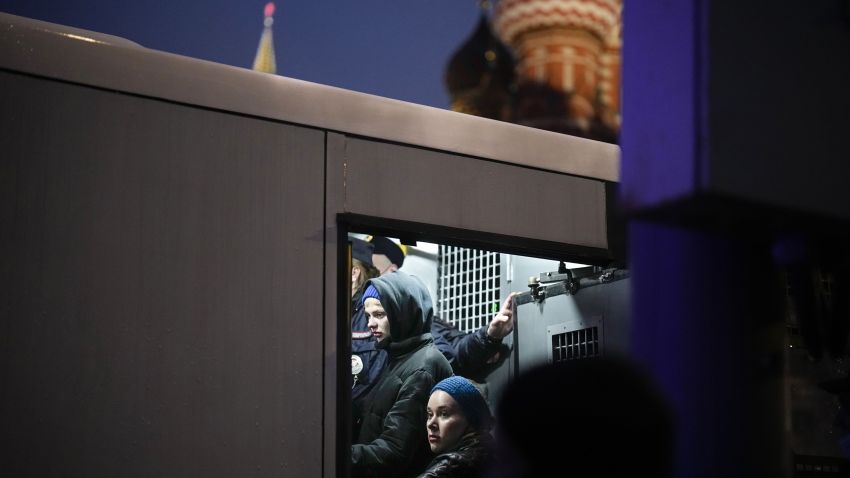For decades it was considered the leading power in its region, investing huge profits from oil and gas exports into an expanding military. Great powers and regional rivals courted its mercurial ruler, who despite occasional riots in the larger cities seemed to have the support of an impoverished rural population as well as up-and-coming technocrats dependent on the promotions and cash he regularly doled out. Yet despite outward projections of strength through elaborate court ritual and military exercises that led CIA analysts to assess that his rule would continue for decades more, what began initially as small protests escalated into a mass uprising that swept Shah Mohammad Reza Pahlavi from power in Iran in January 1979.
The fall of the shah and his replacement by a set of political figures who rose from exile or relative obscurity to lead Iran along a very different path is a case study of how quickly a seemingly stable authoritarian order can implode once its support base slips below a critical threshold needed to sustain systems of patronage and repression. The shah’s sudden loss of control after years of grinding economic stagnation and growing popular frustration with his rule presaged the fall of the Soviet Union and its Eastern bloc satellite regimes a decade later, a systemic breakdown that similarly blindsided many analysts in the U.S. and Europe.
Dictatorships that for years manage to keep cycles of protest contained through clientelistic distribution of resources to loyalists, and brutal repression of opponents, can suddenly wither away when they no longer have enough money and jobs to distribute, and enough supporters willing to take risks on behalf of the ruling elite. After such authoritarian systems collapsed in the past, scholars and analysts were able to look back and identify crucial junctures at which the ability of security services and economic networks affiliated to the leadership lost their grip in ways that were not obvious at the time.

